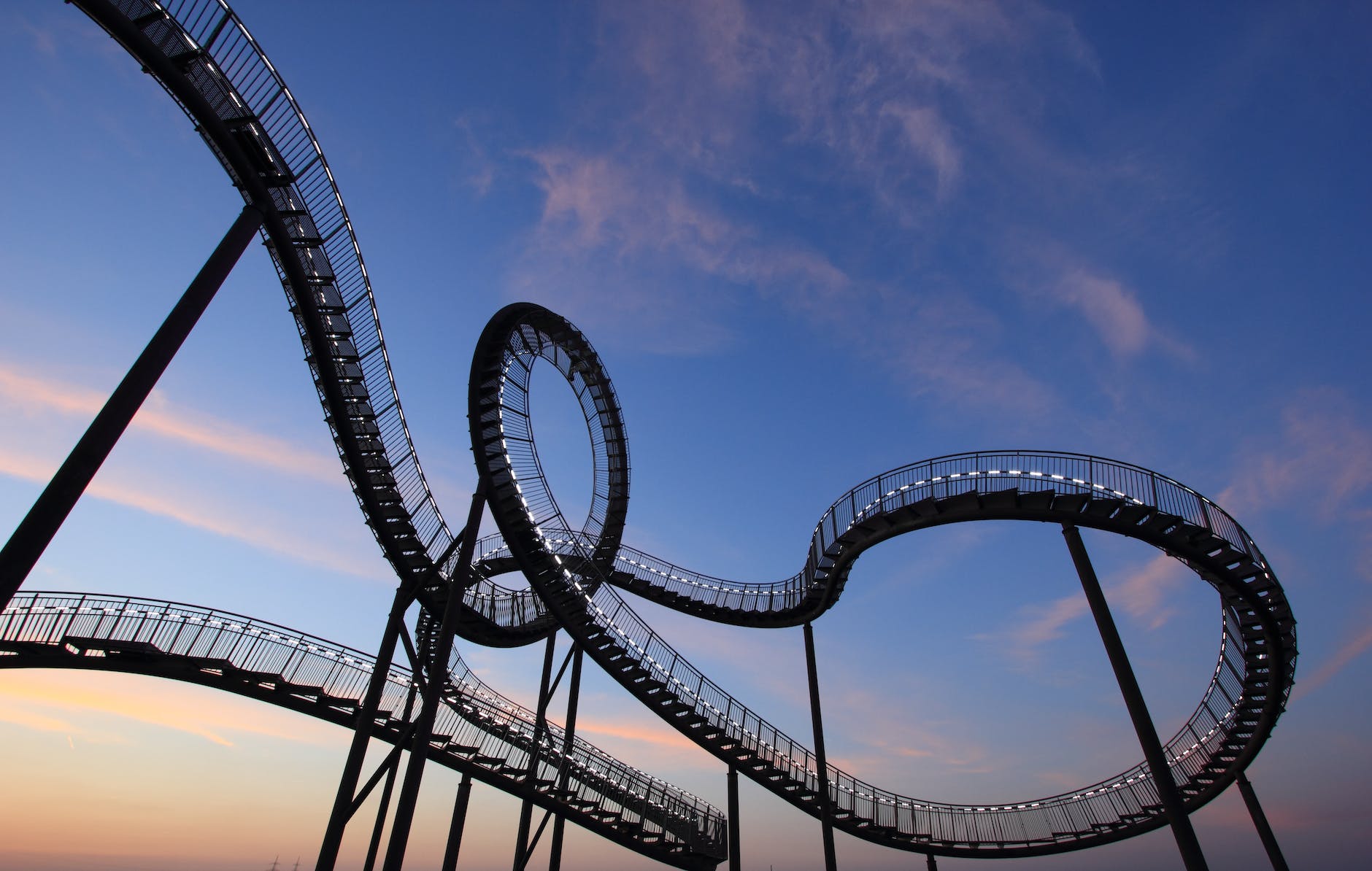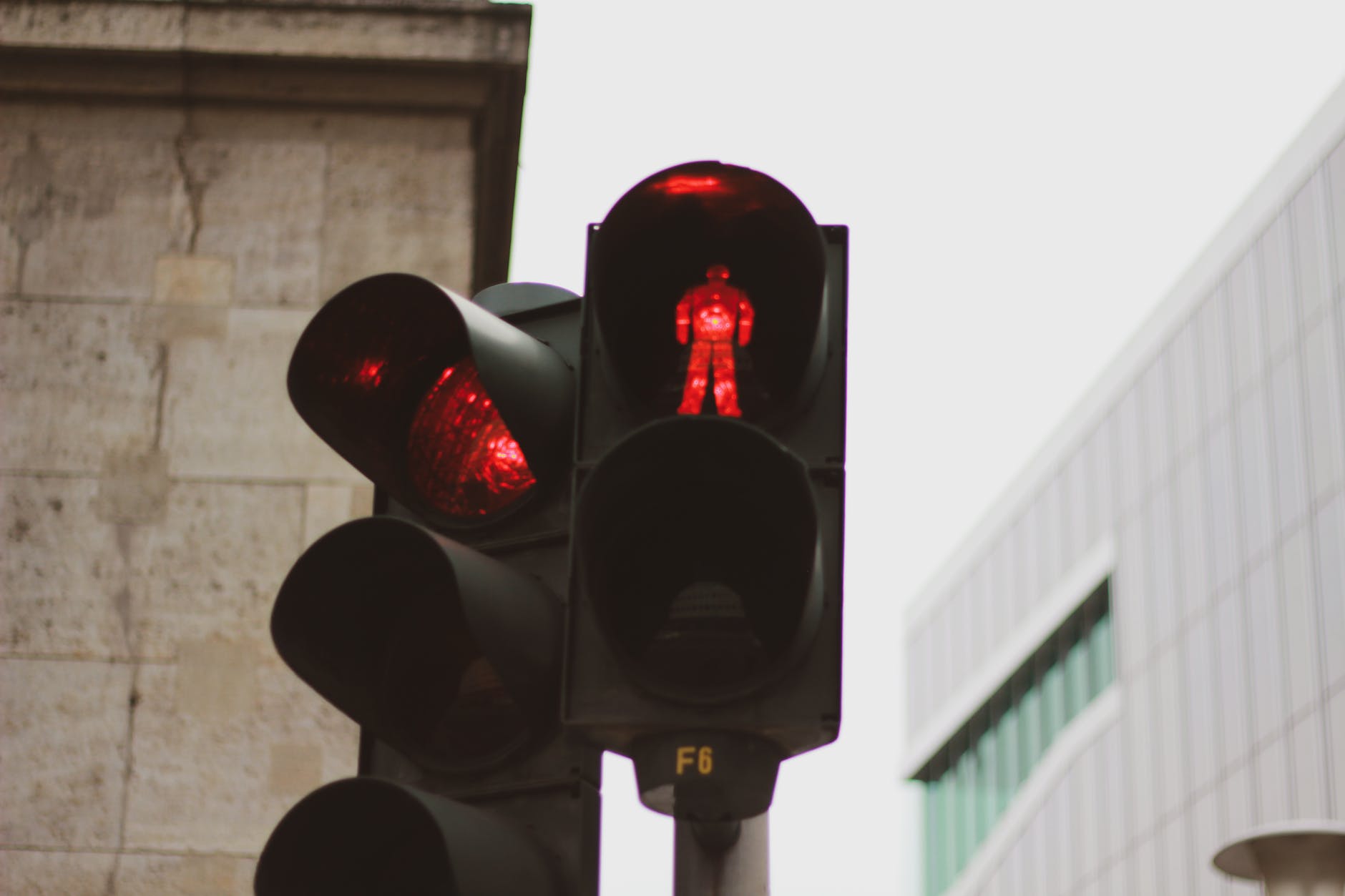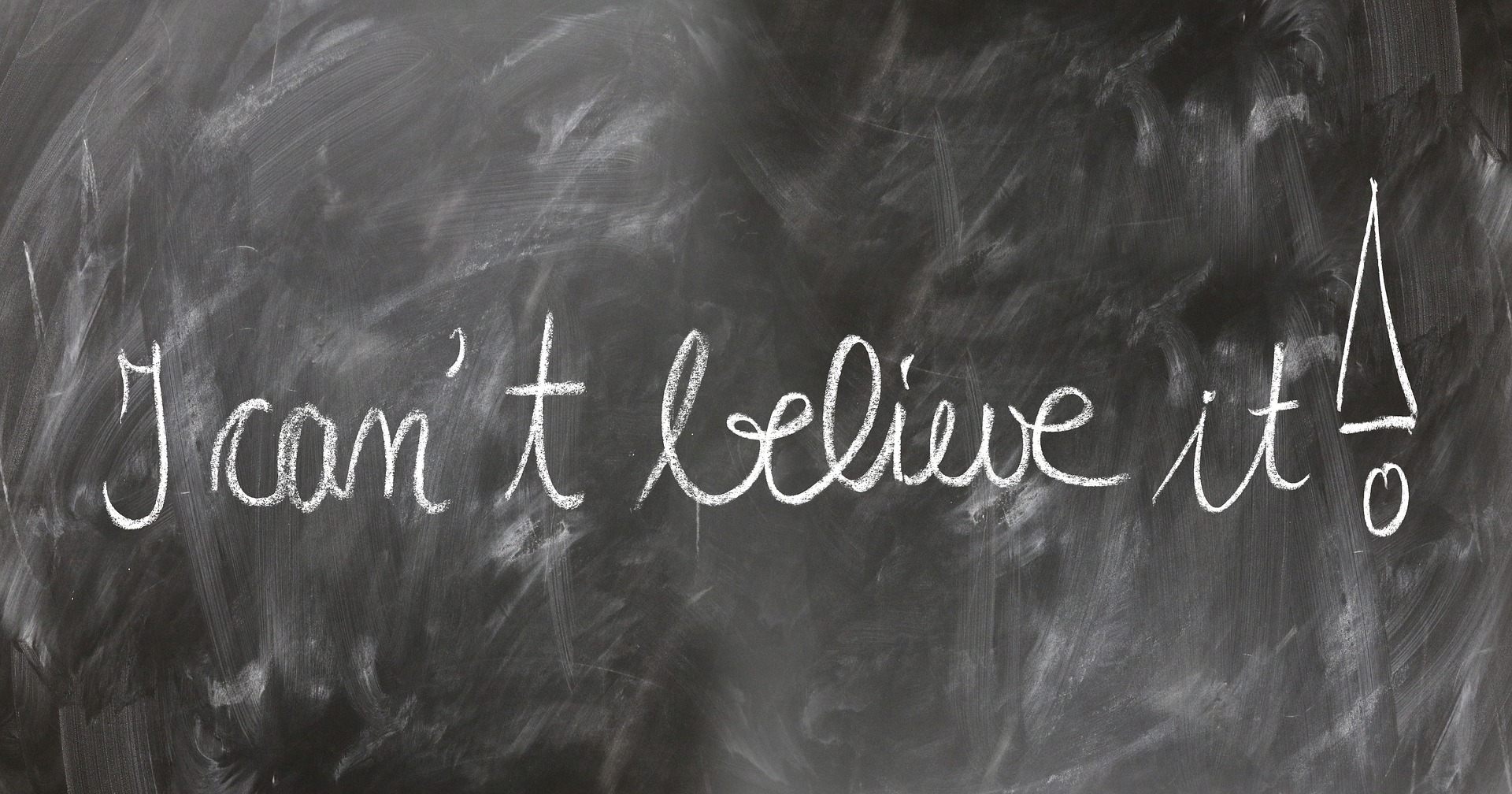Surviving a sudden cardiac arrest can be a life-altering experience. The first 3 months after cardiac arrest are often filled with a range of powerful emotions and adjustments as you process what happened and determine how to move forward. While everyone’s experience is unique, many survivors share common themes and trajectories during the initial recovery period. By understanding some of the typical responses, you can feel more prepared for your own journey.
Expect an Emotional Rollercoaster

In the early months following cardiac arrest, you may cycle through various emotions like disbelief, fear, sadness, anger, anxiety, and guilt. Mood swings are very common as you grapple with the enormity of what occurred. Don’t be surprised if you oscillate from feeling grateful to be alive one minute to dwelling on worst-case scenarios the next. Accept that you will likely experience ups and downs, good days and bad. The intensity of emotions should subside with time.
“Expect an emotional roller coaster, tears and anger and a little uncertainty, but followed by acceptance and new beginnings.”
Ingrid
Expect Perspective Shifts

Surviving a near-death experience often alters one’s outlook on life. You may feel an elevated appreciation for everyday moments, activities, and relationships. The things we take for granted like seeing our family, enjoying a meal, or watching the sunset can take on special significance after a brush with mortality.
At the same time, an increased awareness of life’s fragility can breed anxiety about the future. Worrying whether another cardiac arrest could strike or if you’ll get to see your children grow up is understandable. Try to balance living more purposefully in the present with your natural desire to stay healthy and alive.
Expect Physical Setbacks

Don’t be surprised if energy levels and stamina take time to return after cardiac arrest. Your brain and heart need to heal, so listen to your body and don’t overexert. Ease back into exercise gradually under your doctor’s supervision. Expect some good days where you feel stronger and other days where even basic tasks are tiring. Patience and self-care will help your body recover.
“Things will get better. Be kind to yourself. Listen to your body. It’s ok to push yourself.”
Jeanette
If you received CPR, you may experience chest pain or soreness for weeks as the chest wall and ribs recover. This is normal. Over-the-counter pain medication, rest, ice packs, and gradual movement can help alleviate discomfort. Inform your doctor about any lingering chest pain.
If an implantable cardioverter defibrillator (ICD) was placed, adjust to new sensations like hiccups in your chest. Avoid raising your arm on the ICD side over your head for several weeks to prevent dislodging the leads. Report any unusual symptoms to your cardiologist promptly. Manage fears about shocks with professional help.
Expect Lifestyle Disruptions

Depending on any underlying heart condition and your treatment regimen, cardiac arrest may necessitate changes like taking new medications, avoiding certain activities, or losing your driving privileges temporarily. Give yourself time to adapt to lifestyle modifications, which can prove challenging mentally and logistically. Lean on loved ones for transportation help and discuss anxieties openly.
Returning to work after time off can also be daunting. Ease the transition by starting part-time, briefing your manager on any restrictions, and maintaining work-life balance. Don’t ignore signs of stress. Be flexible as you redefine your “normal.”
“I still cannot visit the local Asda where it happened 18 months ago.”
Stuart
Expect Ongoing Adjustment

Healing from sudden cardiac arrest extends far beyond the first 3 months. Fear, depression, anger, and denial can resurface down the road. Continued counseling, cardiac rehab, physical wellness, and allowing time for full recovery are keys to thriving over the long term. Patience, self-care, community support, and focusing on the joys of each new day will help smooth your journey.
“It’s a slow healing process, but you’ll get there. Take it one day at a time and don’t do anything before you’re ready.”
Amy
While cardiac arrest changes life profoundly, many survivors describe their second chance as an opportunity to reset priorities, deepen relationships, embrace healthier lifestyles, and live with greater meaning. Your path ahead will have ups and downs, but you have an inspirational story of resilience to share. The future is sure to bring further growth, purpose, and fulfillment if you make self-care and emotional healing your priorities. With an open heart and time’s passage, you can not only survive, but thrive.
What Survivors Say

“What to expect in the first 3 months?” – This question was posed to the members of the group, and whilst everyone’s journey and experience are unique there were some common threads of which here are a number of replies…
Ingrid “Expect everything to have changed! Even if our lives continue on as before SCA, our outlook and behaviour is different. Expect an emotional roller coaster, tears and anger and a little uncertainty, but followed by acceptance and new beginnings. Expect that your life will never quite be the same again!”
Lisa “Lots of tears and worries and for me depression that my life was over at 40, that I wouldn’t see my little girl grow up (she was 7), but 7 years on I am in a lot better place still have worries and doubts, but have a great support network and a great Heart Failure team x”
Jeanette “Things will get better. Be kind to yourself. Listen to your body. It’s ok to push yourself. Be tenacious with your medics & question, question, question. Accept all the support available & push for it if it’s not offered.”
Mark “For me, a new outlook on life, my emotions were heightened, I got very upset at the thought of death even if a celebrity passed away, and I get very emotional. Mood swings and losing my rag haven’t changed in 3 years since, but on a positive note, I am much healthier, have lost weight and given up smoking”
Peter “Live life. Do what you want to do. Sod work! It’s family that matters, expect a bit of survivor guilt when you see others that didn’t make it. Enjoy the things you shouldn’t. Be here to see [things] like new grandchildren”
Stuart “Disbelief, over cautious, awake at night and checking your partner is breathing , constantly asking if they are Okay, terrified to leave your partner alone. Panicking when they don’t answer messages. I still cannot visit the local Asda where it happened 18 months ago . Being in awe of my wife’s resilience and can do attitude… this list could go on forever. Our motto now is YOLO [You Only Live Once]… and we live and love life to the full albeit we know that it will never be the same. It does ease as time goes on though… and we get our shopping delivered now From a survivor’s husband who successfully carried out CPR on his amazing wife.”
Tracy “Concerns for the future, and how much life will get back to normal.”
Sam “[After my SCA] I found I could not exist or survive on the ESA payment so took signed myself off and took a job in a local Parcel Distribution centre until I could get my driving licence back, that was 5 months of hell! I didn’t think my body would cope with the heavy lifting and the physical work, but I persevered until my licence was returned. I think because having served in the armed forces for 26 years it had given me the mentality not to give up. I still have an awful job, but my wife and family give me the strength to carry on. I am alive and appreciate every day with my wife. Always try and be positive and push yourself to do that little bit more, you will surprise yourself on what you can do if you can overcome your fears”
Amy “It’s a slow healing process, but you’ll get there. Take it one day at a time and don’t do anything before you’re ready. Your heart and head need time to heal.”
Andrew “I feel incredibly lucky and more alive now than I’ve ever felt before, and I’m determined to live my second life to the full. As an example, I came off my bike at speed on Sunday, 15 miles into a 100 mile sportive. It hurt like hell, but I just thought “what an adventure, and how lucky I am to be able to do all this!” I do appreciate that everyone is different and that I am incredibly lucky to have come through my SCA unscathed.”
Gareth “Fear, disbelief, fear, vulnerability, fear, loneliness, fear, anger, fear, confusion… its almost impossible to describe how different your life can become from an event which in itself only lasts a few minutes at the most.
We all feel different things of course, and we all survive in different ways, but as the question related only to the first 3 months I’d bet more than 50% of reactions will be very similar.
I spent the first three months convincing myself that it never happened and simultaneously convincing myself that it was happening again. Every single ‘strange’ feeling in my chest got over analysed and caused massive panic, and simultaneously got ignored.
In hindsight, despite my get up and get on with it attitude, the first three months were silently terrifying. God only knows what my partner was going through.”
Heather “My initial few weeks were tears and disbelief it had happened to me. Fear – leaving the house on my own for the first time, which was a week after I was discharged from hospital. Acceptance – going from small steps to big steps – flying off to Jamaica a month after my ICD was fitted – and going back to work a couple of weeks after we came back. Frustration – giving up scuba diving, and not being able to drive. Loving life – I do appreciate life more, and have made the effort to see more of those that matter to me. As Peter said, family is more important than work, and finally, confidence – 20 weeks post-SCA, 17 weeks post-ICD, I’ve convinced myself, this is not going to happen again, mainly because it was idiopathic – how can I worry about something that even the specialists can’t figure out! Now from a life-saver’s perspective … my husband, who performed CPR and shocked me until the paramedics arrived (He has his own defibrillator – how lucky am I?!), appeared to be coping quite well with his life saving heroics, until I returned to work, and he then suffered from anxiety/PTSD and wasn’t sleeping, etc! Thankfully he is ok now, but still having counselling.”
Louise “Expect the unexpected – I thought I’d not be back at work, living a relatively normal life and by 3 months I was. Conversely, expect tears, uncertainty and don’t set any limitations on what your future may hold. It changes your life – but it doesn’t have to define you”

